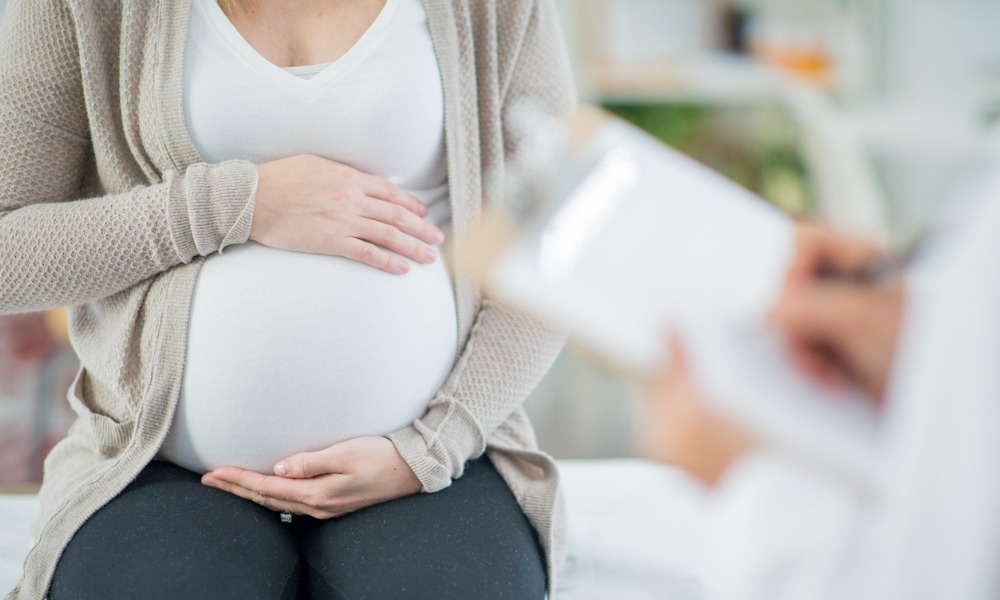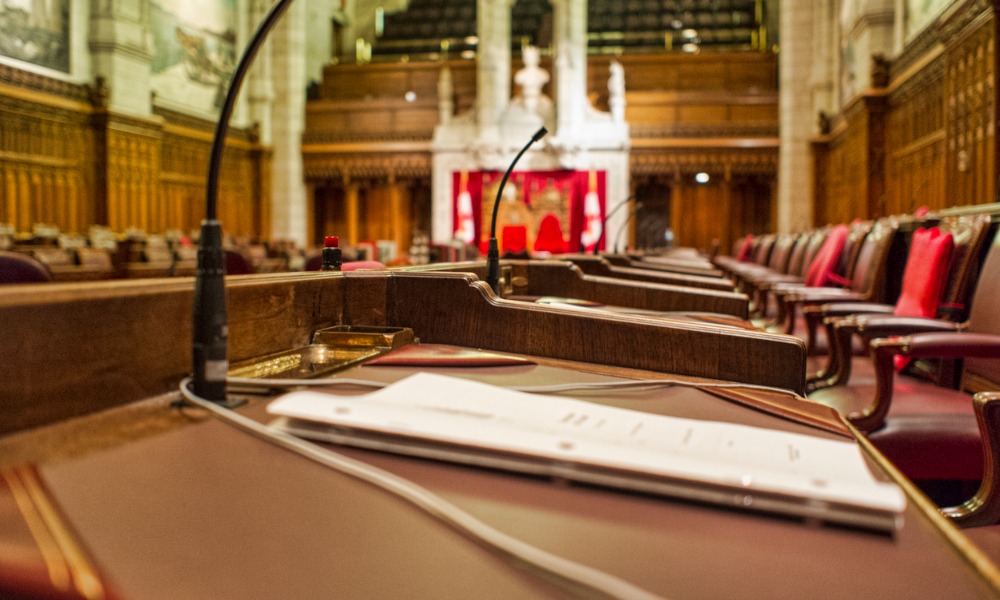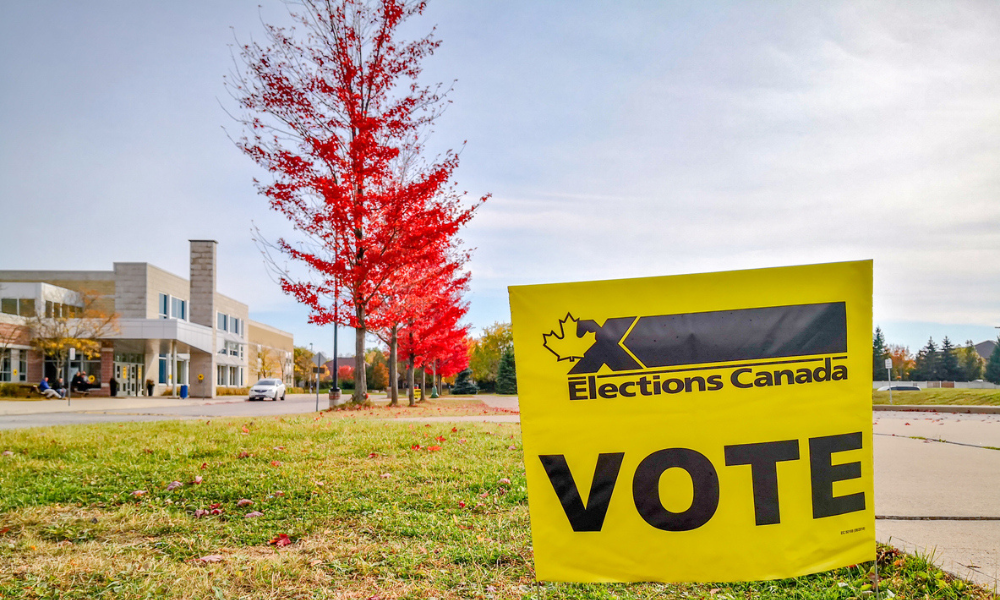The controversy over reproductive rights has been reignited by recent judicial decisions

More than a dozen US states have taken legislative actions to extend legal rights and protections to embryos and fetuses in the lead-up to the US presidential election, the International Bar Association (IBA) reported.
A landmark ruling by Alabama’s Supreme Court in February declared that frozen embryos should possess the same legal rights as children, prompting IVF clinics across the state to halt treatments due to concerns over potential legal repercussions.
This decision, part of a wider push to restrict reproductive freedoms, has sparked significant backlash from reproductive rights advocates. They argued that such rulings fail to grasp the scientific nuances of IVF, which contributes to about two percent of US births and could severely disrupt fertility care. Critics also contended that this move strays far from the intended purpose of the “wrongful death” claim that initiated the court's deliberation.
Most Read
The controversy over reproductive rights has been reignited by the Dobbs v Jackson Women’s Health Organization decision, which reversed the constitutional right to abortion. Elisabeth Smith, director of state policy at the Center for Reproductive Rights, highlighted the ongoing crisis in healthcare following the decision, stating, “This is part of the chaos we knew would ensue if Roe v Wade was overturned. With politicians at the helm instead of doctors, reproductive healthcare is in crisis.”
In reaction to national outcry, Alabama legislators quickly passed a bill to protect IVF providers from criminal and civil penalties, though concerns linger over the lasting impact of the Supreme Court’s ruling. Similar legislative attempts, like Iowa’s fetal personhood bill, have been proposed in multiple states, reflecting a growing trend to legally redefine the status of embryos and fetuses.
The legal challenges around IVF and reproductive rights have sparked a broader national debate, contrasting sharply with international moves, such as France’s amendment to enshrine abortion as a constitutional right. According to the IBA, this legal landscape sets a contentious backdrop for the upcoming presidential election, where reproductive rights are poised to be a pivotal issue.
Matt Kaiser, senior vice-chair of the IBA Criminal Law Committee, voiced concerns over the influence of religious beliefs on judicial decisions. “The chief justice of the Alabama Supreme Court was very aggressive in using his position to further his religious beliefs, which has traditionally not been what judges do in the United States. We're a secular country, and there's supposed to be a division between Church and State. It feels as though it’s an erosion of that wall and it's an erosion of those norms in a way that I think is new and potentially quite troubling,” Kaiser said in a statement.
In March, the US Supreme Court heard oral arguments on a case which scrutinizes the safety of medication and poses a risk to the availability of mifepristone, a commonly used drug for medical abortions in the US. Additionally, in April, the court is scheduled to review two consolidated cases which challenge whether hospitals are mandated by federal law to carry out abortions when medically necessary.










